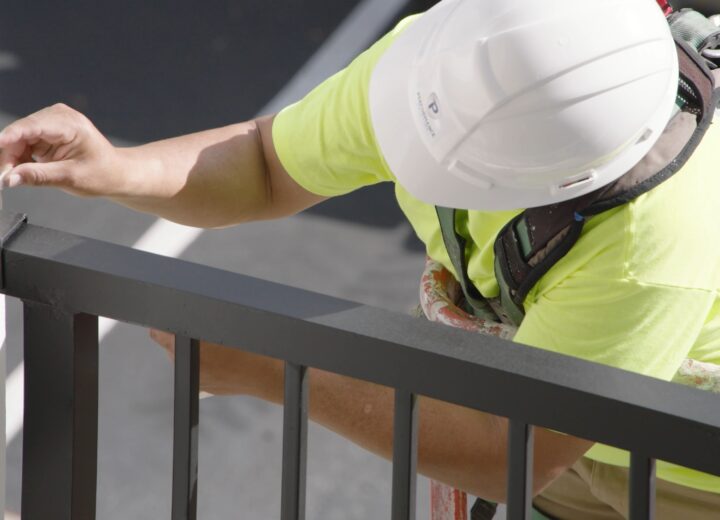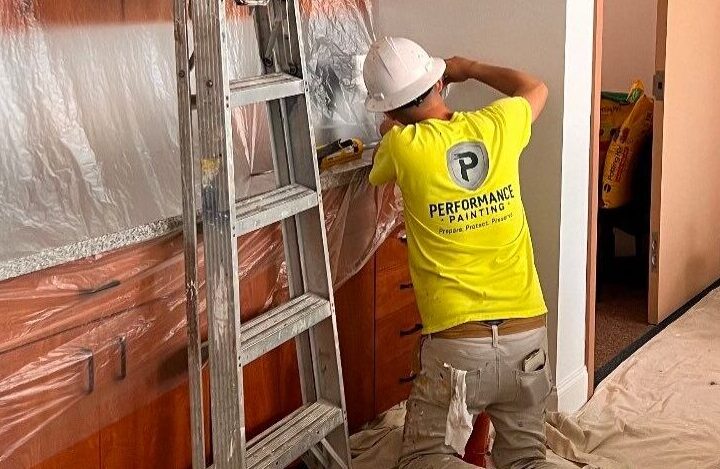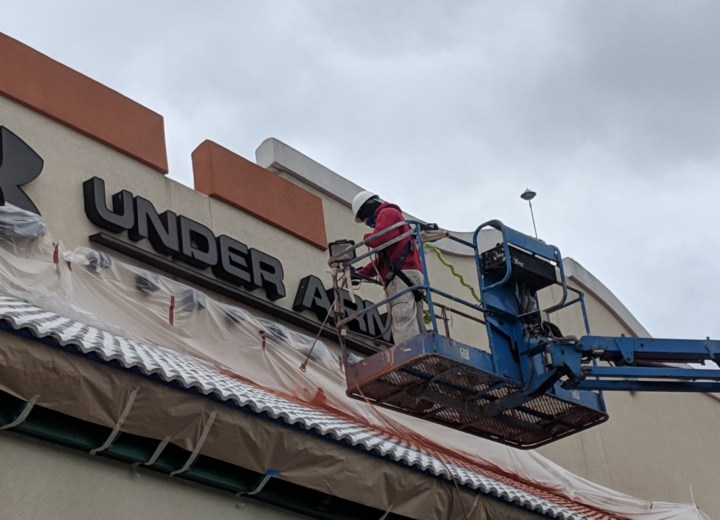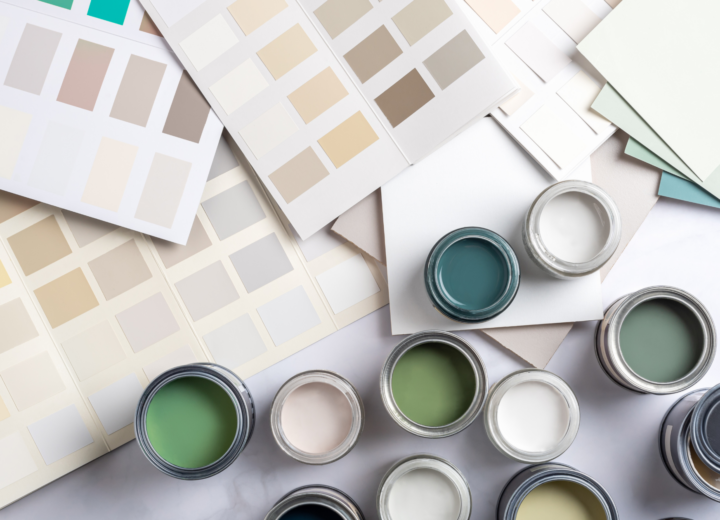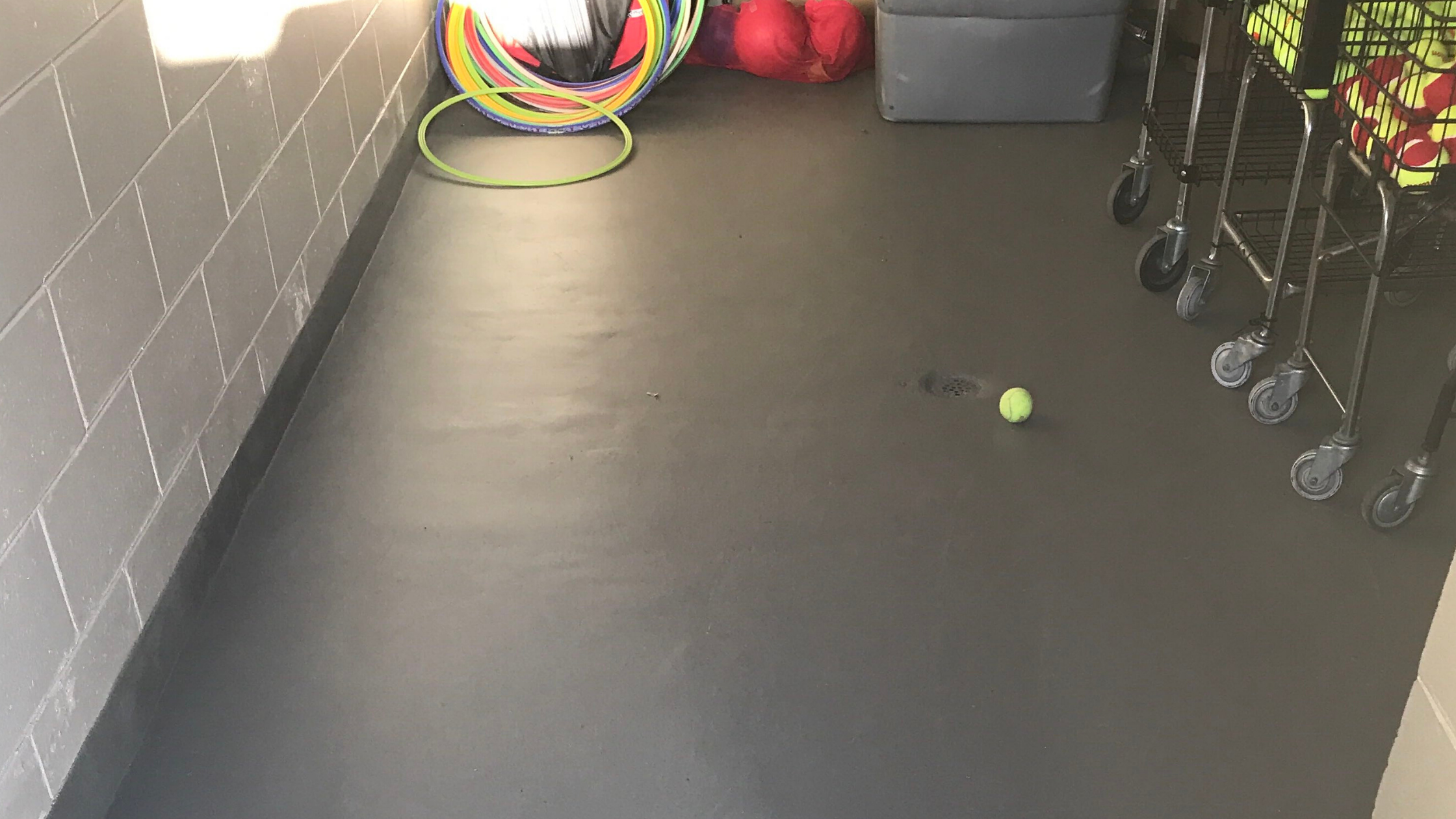 When it comes to industrial flooring, few options are as valuable as concrete.
When it comes to industrial flooring, few options are as valuable as concrete.
Concrete has remarkable longevity and performance quality. It can also be enhanced by a wide variety of industrial coatings that supplement its many advantages.
Concrete flooring stands out from the rest in terms of its ability to stand up to an enormous amount of wear and tear without adding to your costs or reducing workplace safety.
Plus, laying concrete down initially is relatively low cost.
To get the absolute most from your industrial flooring, however, you need to combine that strong basic option with the right coatings. Dozens of different industrial coatings are available to add various forms of protection to your flooring. In a matter of a few days, you can safeguard your work area like never before and reduce the cost of floor maintenance even further.
There Are Good Reasons Concrete is Preferred for Industrial Sites
You might already be familiar with the unbeatable benefits of concrete:
- It’s relatively easy to maintain and keep clean
- It’s almost immune to cracking or chipping
- It can easily last for 30 years or more
In general, waxing or sealing the surface every few months is all you need to do to keep your concrete flooring like new – and coatings can make this even easier. Large vehicles, equipment, and other heavy loads can rest on concrete indefinitely without causing any damage to it.
When you pull up your current flooring, you’re very likely to find existing concrete underneath it. So, you can save a lot of money (and reduce emissions at the same time) by rejuvenating the concrete layer with appropriate coatings and then using it as your floor.
Deciding On Your Best Approach for Industrial Concrete Flooring
Before you choose a coating strategy, double-check these important factors:
1. What Condition Is Your Surface In?
Initial surface preparation is a big factor for most coating jobs. That’s especially the case when it comes to an older concrete surface. If the flooring is worn down or uneven, you may need to sand damaged areas. Even if it is in good shape, it should be completely cleaned before coatings are applied.
2. Consider the Environmental Risk Factors
Coatings can enhance the survivability of your floor against the most common hazards you deal with. If you are dealing with acids or other harsh chemicals, for example, you will want to pick a coating that can stand up to the kind of spillage that sometimes takes place.
It’s a wise idea to review all reportable safety incidents from the last year to get a clear picture of what your surface must contend with. Also, map out the flow of foot and vehicle traffic and any changes in the layout of the room that might occur in the coming months.
3. Factor in Your Budget
The most durable floor coatings are typically the most expensive. Select an industrial painting contractor who handles enough industrial projects to provide you with real savings on your coatings.
Choosing the Right Coating for Industrial Concrete Floors
Most industrial concrete floors benefit from some combination of the following options:
1. Concrete Floor Paint
Concrete floor paint is the simplest coating you can get for the job. It takes the form of a one-coat layer with a satin finish. This can help protect against stains and change the floor’s color. That can be good for aesthetics and also make safety painting easier.
2. Epoxy Floor Coating
Epoxy floor coating is a good all-around coating option for concrete. It resists a whole host of common industrial hazards including acid, grease, oil, and chemical spills. It is pleasing to look at and boosts the floor’s natural resistance against wear and tear, too.
3. Anti-Skid
Anti-skid chemicals can be added to a variety of other coatings. This protects your workforce by making it less likely personnel will slip on mud, snow, or oil. If your workplace is exposed to harsh elements, this is a good idea.
4. Antimicrobial
Antimicrobial flooring helps slow down the proliferation of certain dangerous bacteria. Not all coatings actively kill microbes on the surface, but by stopping them from growing and spreading, coatings make infections acquired on the job much less likely.
5. Polish
Last, but not least, concrete floors can be polished. This adds some of the benefits of epoxy floor coating and can usually be done at a more affordable price. However, extra precautions should be taken because of how slippery the treated floor can become.
Remember, the initial investment in professional work will ensure your floor lasts much longer. The best way to select a concrete floor coating is to do so in consultation with an experienced team. It’s easiest to make an informed decision when you know what’s available and how it will affect your workplace.

